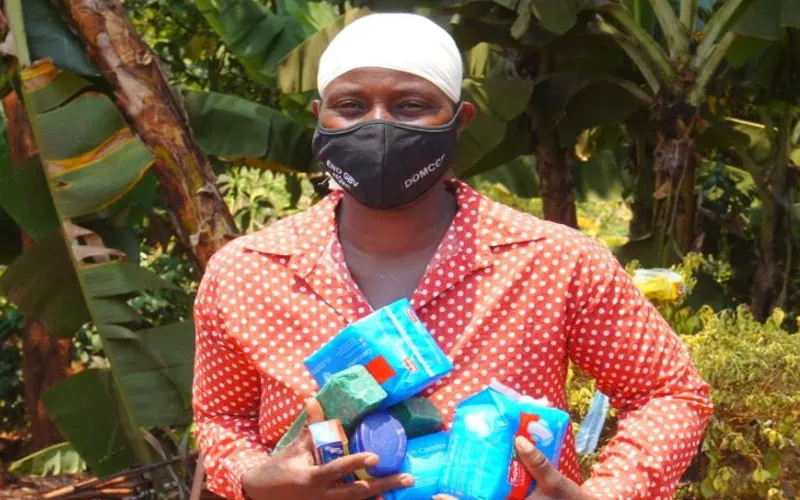Harare, 02 December, 2021 / 8:35 pm (ACI Africa).
The overseas development agency of the Catholic Bishops of Ireland, Trócaire, is providing basic hygiene products to women and girls in Zimbabwe’s Catholic Diocese of Mutare in an initiative the agency has dubbed “Dignity Gift”.
In a Tuesday, November 30 report, Trocaire officials highlight the challenges women and girls in Zimbabwe’s Mutasa district in the country’s Eastern region face in accessing monthly sanitary pads, linking the challenge to what they refer to as “period poverty.”
“Period poverty in Zimbabwe is driving thousands of women and girls to desperate measures. Shortage of money and a worsening humanitarian crisis means most can’t afford basic hygiene products like sanitary pads and soap,” Trócaire officials say in the report.
They add, “These women put the needs of their family first and their own needs last, and often their husbands are not prepared to buy these essentials. To them it’s a waste of money.”
To restore the dignity of the women, Trócaire is working with the Diocese of Mutare Community Care Program (DOMCCP) on a women’s empowerment program that seeks to “help combat period poverty in Mutasa district.”







